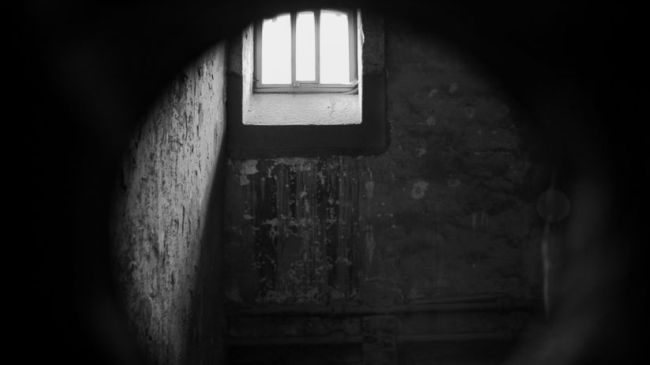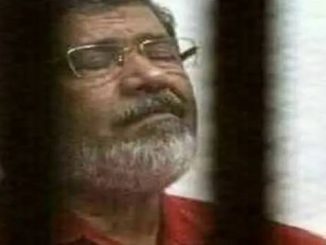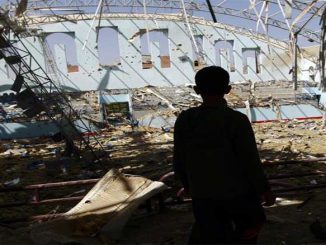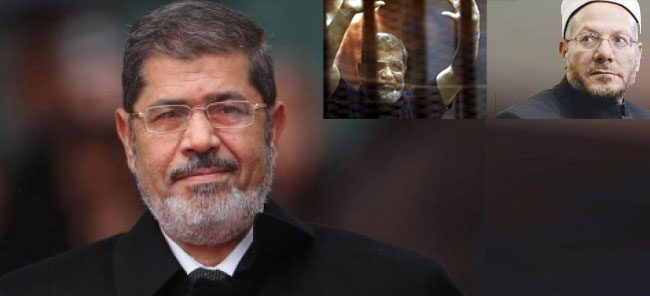
Two local coalitions for human rights have led a joint campaign against the practice of solitary confinement in Egyptian prisons. The campaign is expected to last for one month.
The campaign led by “Freedom for the Brave” and “Kazeboon” aims at empowering those who are kept in solitary confinement and calls for reviewing the relevant documented cases. It also calls for putting a spotlight on the harsh prison conditions that do not meet the international and constitutional human rights values and thus have their repercussions on detainees and their families. Human rights activists and families of detainees have started to publish on the social media the stories of those who have been subjected to weeks, months or years of total isolation in jail, a practice defined by the United Nations as “torture by law.”
Solitary confinement is a penalty that should not exceed 30 days, according to prisons’ law and regulations. Moreover, the confinement penalty should be consistent with regulations as no prisoner should be exposed to solitary confinement without prior investigations or summoning of witnesses.
According to the campaign, there are several detainees who are kept unlawfully in solitary confinement, including Amr Ali, the 6th of April Youth Movement activist, Malek Adly, the human rights lawyer, Sayed Moshagheb, the Ultras White Knights member, Youssef Shaban, the journalist, and others.
Malek Adly’s wife said that 38 days have passed since her husband was put inside a solitary confinement cell. She said, “Despite all the complaints, nothing has changed.” This statement was released following visiting Adly this month which was considered an exception due to the holy month of Ramadan as each prisoner is granted two visits throughout the month.
The cell has only one hole in the ceiling and is not exposed to the sun as narrated by Adly. The cell has no bed. “Adly cannot sleep anymore on the floor as this has caused him back and knees injuries,” said his wife.
Human rights organizations explained that those forced into solitary confinement obviously cannot receive visits from their relatives, not even food or medicines. They don’t receive medical care, nor visits from their own attorneys. They’re closed in a three-square-meter cell for 22 hours a day during which they don’t have contact with the outside. A minimal space without any windows, where the only personal belonging allowed is a blanket. Bed sheets, heavy clothing for winters and medicines are not allowed.
Long-term solitary confinement is widely considered as a method of psychological torture. In the United States, there are thousands who are kept in solitary confinement. The United Nations’ Special Rapporteur on torture Juan E. Méndez told the UN General Assembly in 2011 that “Segregation, isolation, separation, cellular, lockdown, Supermax, the hole, Secure Housing Unit… whatever the name, solitary confinement should be banned by states as a punishment or extortion technique.”



